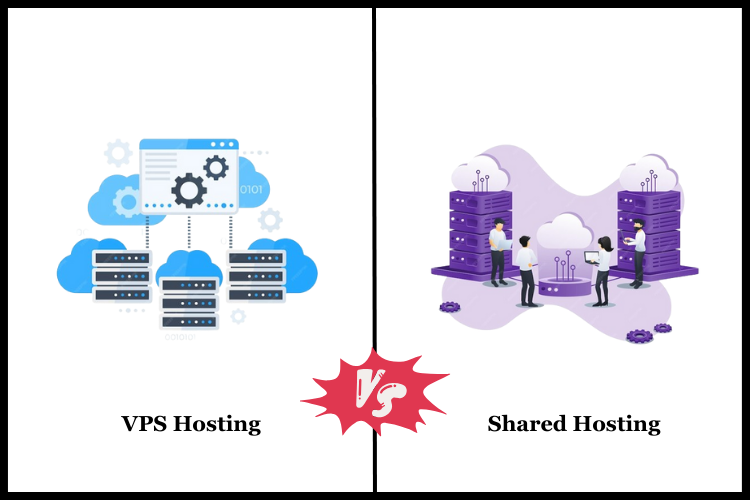Summary

Article Name
How Does VPS Linux Hosting Differ from Shared Hosting ?
Description
In today's digital age, choosing the right web hosting service is crucial for any business aiming to establish a robust online presence. Among the various options available, VPS Linux Hosting and Shared Hosting are two of the most popular choices.
Author
Dikshita
Publisher Name
VPS Linux Hosting
Publisher Logo



